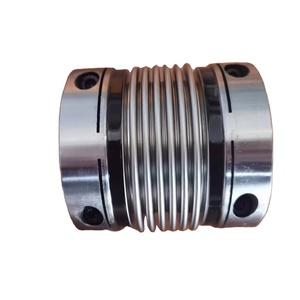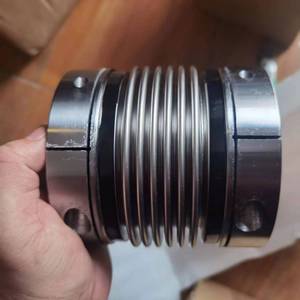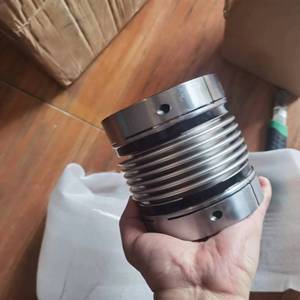Introduction to Machine Couplings
Machine couplings are essential components in mechanical engineering, serving to connect two shafts together for the purpose of transmitting power. These couplings facilitate smooth operation and alignment between rotating shafts, thereby improving machine performance and extending their lifespan. By ensuring that vibrations, misalignment, and misfitting are minimized, machine couplings play a vital role in industries ranging from manufacturing to automotive.
Types of Machine Couplings
There are several types of machine couplings, each designed to meet specific operational requirements. Understanding the different categories helps in selecting the right coupling for your machinery:
- Rigid Couplings: Provide a solid connection between shafts, ensuring zero misalignment.
- Flexible Couplings: Allow some misalignment between shafts while still transmitting torque efficiently.
- Fluid Couplings: Use a fluid transmission mechanism, offering significant shock absorption.
- Magnetic Couplings: Use magnetic forces to transmit torque without direct contact, reducing wear.
- Sleeve Couplings: Simple in design, suitable for aligning shafts with minimal stresses.
Applications of Machine Couplings
Machine couplings are widely used across various industries, making them versatile and indispensable components:
- Agriculture: Used in tractors and other agricultural machinery for effective power transmission.
- Automotive: Essential for power steering pumps, gearboxes, and other automotive systems.
- Manufacturing: Found in conveyor systems, motors for industrial machinery, and pumps.
- Aerospace: Ensures reliable performance in aircraft engines and turbines.
- HVAC Systems: Utilized in air handling and refrigeration units to connect compressors and fans.
Features and Advantages of Machine Couplings
Machine couplings offer a variety of features and advantages that enhance their functionality and application:
- Vibration Damping: Many couplings are designed to dampen vibrations, which protects machinery components from wear and prolongs lifespan.
- Maintenance-Free Options: Certain couplings are designed to require little to no maintenance, significantly reducing operational downtime.
- High Torque Capacity: Couplings are engineered to handle high torque applications, making them versatile for demanding industries.
- Corrosion Resistance: Many models are made from corrosion-resistant materials, ensuring durability in harsh environments.
- Easy Installation: Most products come with user-friendly designs that simplify installation processes, saving time and resources.
























































































































































